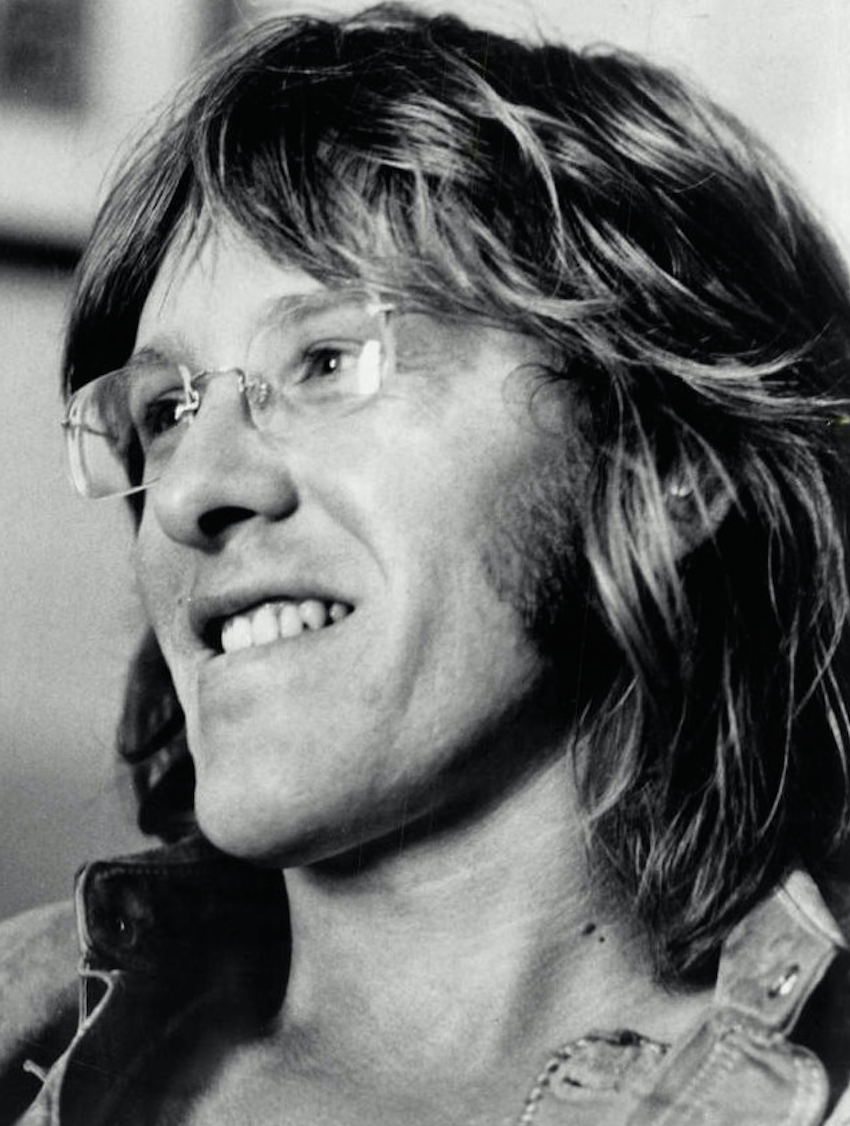Bob Weir Reflects on His Relationship with Paul Kantner

In a new interview with Billboard, Bob Weir discussed his relationship with Jefferson Airplane’s Paul Kantner, who recently passed away at the age of 74. The interview comes after the Grateful Dead guitarist penned this statement on Kantner following his death:
Paul lived at the heart of the music, where the chords, the melody and the rhythm join together with the lyrics to form the story. His guitar was the glue that held all that together. His voice was the foundation of the choral vocals. Paul lived at the heart of the song. He was there for the Muse – when she needed a human voice or instrument, she channeled it through him.
Weir begins by explaining his relationship with Kantner, both personal and musical. “Paul was a friend of mine,” he says. “Musically, we kind of grew up together. He and I occupied sort of the same chair in our orchestras.” Both played rhythm guitar in their respective bands. Weir then goes on to recount the first meeting of the two musicians, which was when they shared the stage in San Francisco. Weir says that although the two never collaborated on a song, it might have yielded something worthwhile. “I would love to have done that,” he says. “But on the numerous occasions when we’d jam, onstage, we’d work together and off of each other, so it wouldn’t be a big mess. I learned a lot from him.”
“The Airplane were always a little bigger than we were,” Weir says. “They were a step or two ahead of the Grateful Dead in terms of acceptance. But there was no rivalry; there was a sense of camaraderie more than anything. It was a sense of, we were in it together.” On Kantner’s contribution to the music of the Airplane, Weir says that his rhythm guitar provided the “harmonic context” in which lead guitarist Jorma Kaukonen and bassist Jack Casady could “be more adventurous with their lines.” In his words, “Paul’s work was the mud from which those two lotuses grew.”
In classic Weir fashion, the guitarist rounds out the interview by offering a thoughtful reflection on death when asked about his reaction to Kantner’s passing: “I’ve never been one to kick furniture when people check out. There’s nothing you can do about it. So any problems I have with his passing, I consider to be my own and not his. And so I just let him go and wish him the best. When somebody you’re part of, and of that kind of import, dies, it’s a good time to take stock of what he offered, and see what they can make of it, and what they can take from it.”
Read our 2009 interview with Kantner here.



















